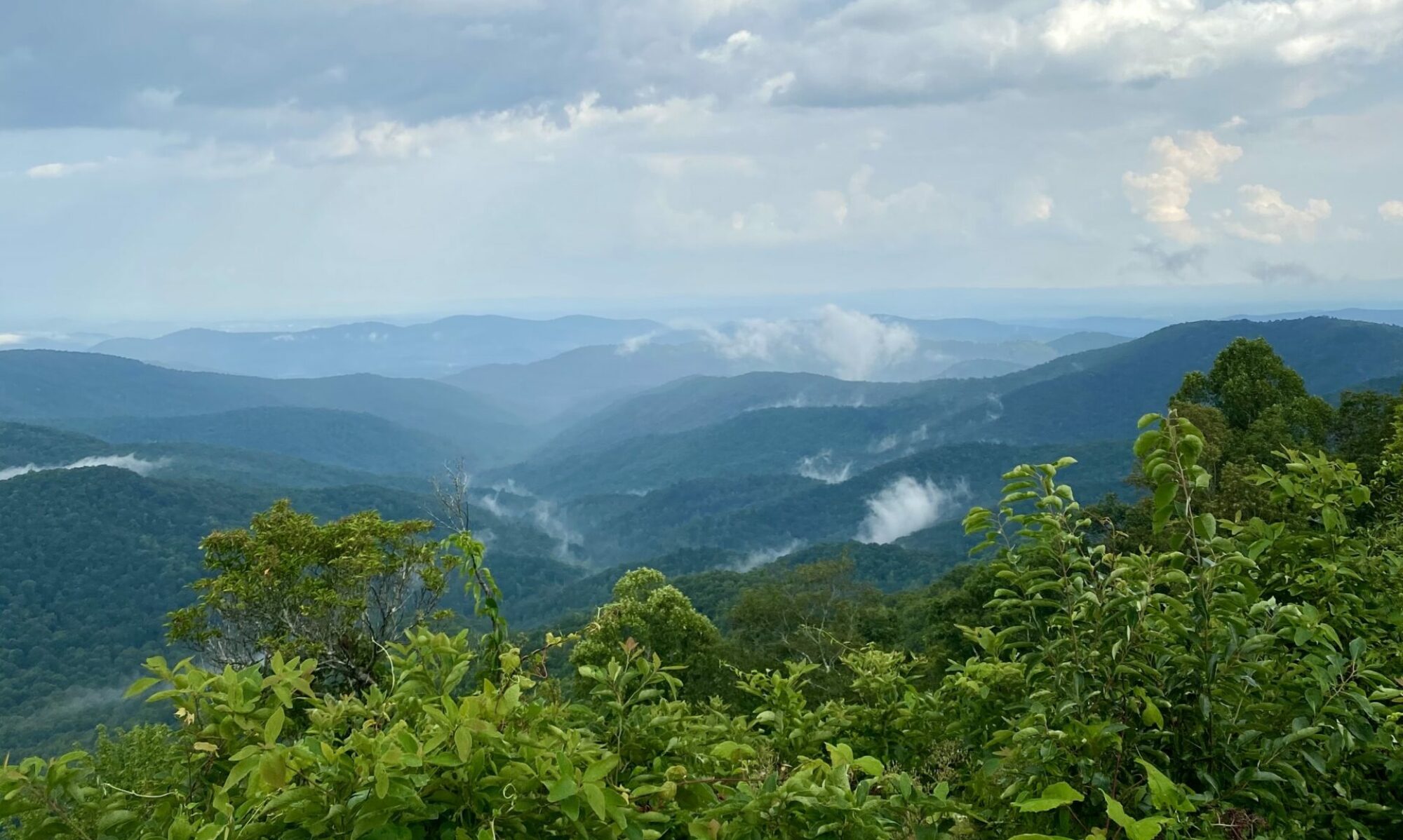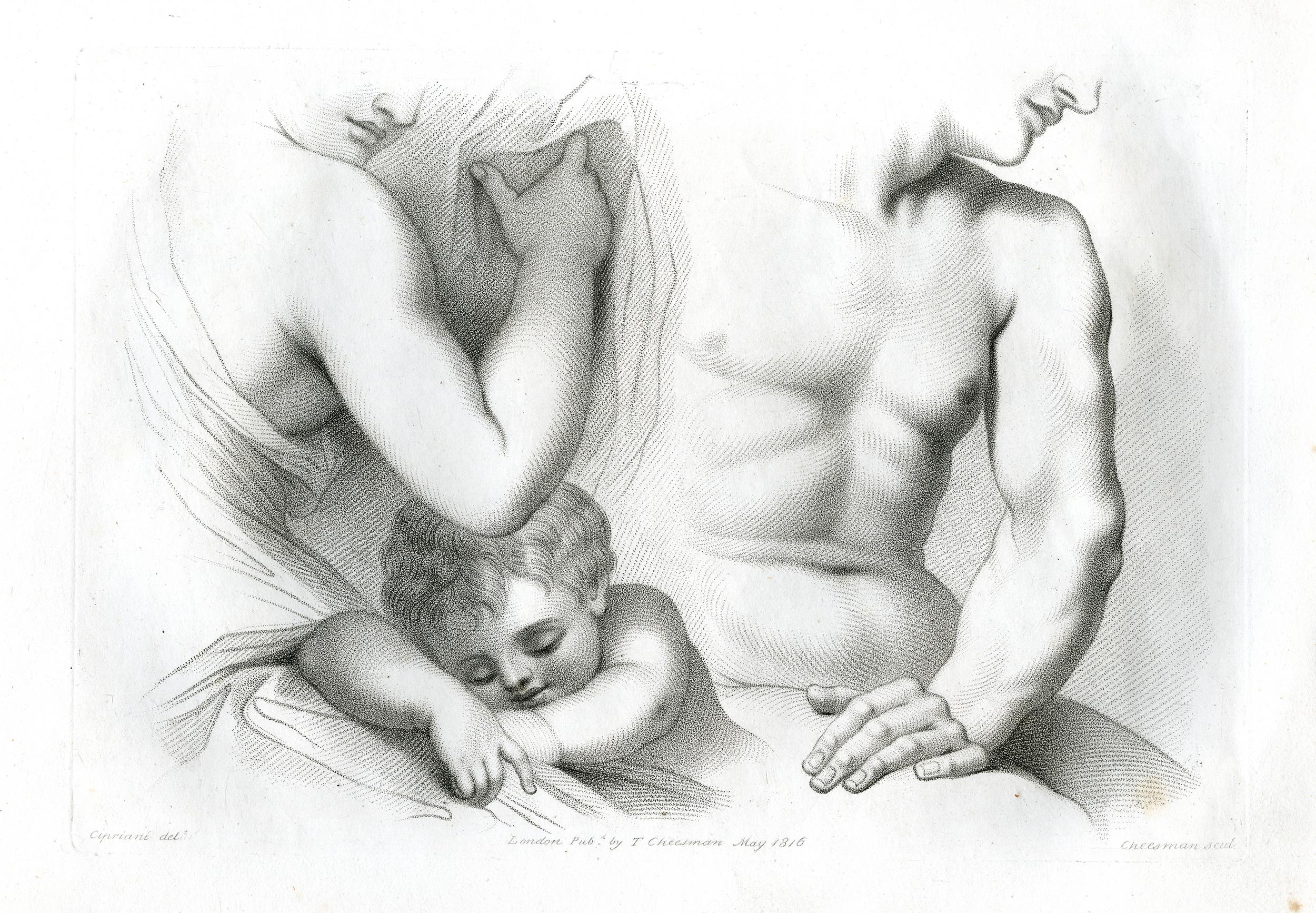Podcast Script
All of us must be horrified at the outbreak of real violence over the weekend against a Gay and Lesbian Club in Colorado Springs. Apparently a 22 year old man who had previous run-ins with the Law and by some accounts had previously demonstrated mental illness, yet nonetheless, that young man acquired a gun and killed 5 night club members.
18 others were wounded as well. Send your prayers out to them. And pray for Justice.
But what we should not do, because of kookoo birds like that loon, is attempt to silence honest discussion about the current debate raging in the Western world.
If you believe you are born in the wrong body or that your biological sex is not part of who you really are, then you have a dissociative disorder. You have a mental illness that must be squarely faced and lovingly treated. The discomfort is real. I know. And you need help.
There are those who disagree.
On Nov. 12, Jennifer Lima a Rhode Island school district committee member shared a post from an activist group which said the following: “Purposefully misgendering students is an act of violence. Respond accordingly.” Adding to this statement, Lima included the definition from the World Health Organization. She said, “any act of violence in our schools which creates an unsafe environment (physically or emotionally by or for any member of the school community) needs to be dealt with accordingly.” Source: Fox News (I'd really like to include other U.S. legacy news sources on this issue, but they by and large do not run stories critical of Gender Ideology. Though, I've noticed recently that is starting to change. More about that at another time.)

For those who don’t know. Misgendering can occur if you use the wrong preferred pronoun. Or if you refuse to admit in any way that a man can become a woman or vice versa. If you do that, according to this Gender Activist and many others like her, you have committed “an act of violence.”
As a Christian, I’m all in favor of using inoffensive language. But the use of language that denies reality is more than slightly problematic. Therefore, I won’t use someone’s preferred pronoun if that pronoun doesn’t correspond with physical reality.
I don’t have a problem using someone’s preferred name since names are merely conventional. But pronouns like she/he & her/him reflect the reality of God’s bi-natured creation and cannot reasonably be changed anymore than you can change your sex. Soul and Body were meant by God to be integrated parts of a single whole person.
I can’t lie about that.
I use sex-based pronouns for people. I do so out of deeply held beliefs. Rational Beliefs derived from Science, Natural Law and Religious Authority. So I’m going to insist that you please respect my beliefs as well.
Of course, it is true, sometimes we can’t tell someone’s biological sex. But when we do know…..we must speak truthfully. For those who wish to point out the existence of “Intersex” people, that is to say, those with a Disorder of Sexual Development (DSD), as a reason for adopting a more flexible stance on sex, gender and pronouns, I’m going to address DSD’s in a future podcast. So stay tuned.
Language matters, my friends.
If I’m in the presence of someone who wishes to deny biological reality, I will respectfully avoid the use of pronouns. It won’t be easy. But that’s where I draw the language line.
+++
Below is a table of both gendered and gender-neutral pronouns, along with their pronunciations. It is important to note, though, that some people do not subscribe to any pronoun and may like to be referred to by name only. [My Policy]. I’m simply not going to use a preferred pronoun if it denies biological reality, the reality of God’s good creation. I won’t do it.
The table below is not an exhaustive list.
| Subject | Object | Possessive | Pronunciation |
|---|---|---|---|
| She | Her | Hers | shee, hur, hurs |
| He | Him | His | hee, him, hiz |
| They* | Them* | Theirs* | thei, them, thehrz |
| Xe | Xem | Xyrs | zee, zem, zeres |
| Ze | Hir | Hirs | zee, here, heres |
| Ze | Zir | Zirs | zee, zere, zeres |
| E | Em | Eirs | ay, em, airs |
* Though they / them / theirs are traditionally plural, these pronouns can be used as singular in a particular context. Example: Janice scored well on their final paper; they received an A.
Another real world example may be found in a previous post “For Women Scotland.” If you follow the Twitter link there you will be able to read the news story about the convicted sex criminal, Laura Miller, who identifies as gender-neutral . Laura is a biological male. Here’s how the news story about Miller’s crime begins:
A pervert who filmed themselves sexually assaulting a sleeping woman has been jailed for almost two years.
For the uninitiated “themselves” does not refer to more than one pervert but to a single person who identifies as gender-neutral and whose preferred pronouns are “they/them/theirs“. The journalist Jenni Gee would be guilty of “misgendering” if she had used different pronouns in reference to Miller. In fact, in some jurisdictions in the Western world, you may be brought up on charges for misgendering someone.
(See the video I posted below for evidence of the criminalization of wrong pronoun usage!)
The “TQ+” of the ever expanding Gender acronym is rightly regarded as a fiction by the majority of us in the Western world. And virtually all non-westerners. The majority of Western parents don’t want their children taught that it is possible to change your sex or your gender. They don’t want their children taught that their “authentic self” has nothing to do with their bodies. And if they are Christians they know, or at least they ought to know, that our bodies are gifts from God as mediated through our parents and not something chosen by us. But something lovingly given to us.
This majority will rightly oppose any real physical violence against those who self-identify as Queer or Trans or whatever the + means. They will oppose any verbal or physical abuse directed toward all people.
But they can not affirm what they believe is a Big Lie.
They can’t affirm the mutilation of children’s bodies.
They won’t do that. And they will not be silenced.
Watch the video below about the criminalization of pronoun usage & misgendering. I’ve provided minute:second markers to help.
Notable sections in the video
(6:20). “One of the basic rules of safeguarding (our children) and something we saw with the Catholic Church….” Please pay close attention to the “sacred class, a class that cannot be questioned” statement.
(11:46). “People need to start getting angry, because these are fundamental human rights we are letting slip away. Our police appear to be out of control.”
(12:29). “I was piqued, I became an activist after what the NSPCC (U.K. children’s charity) did back in 2019, when an employee of theirs dressed in some sort of rubber fetish gear masturbated at work, filmed it and provided a link to the video on his LinkedIn profile. And various people raised concern that this was happening in the offices of a children’s charity. In defense of their employee the NSPCC tweeted ‘anyone who comes at us with this homophobic nonsense we will report you.'”
(14:35). Comments about misgendering. Which can get you arrested these days in the U.K. and other Western countries.
TERMS
- Stonewall = LGBTQ+ rights organization in U.K.
- Self-ID = Simply say you are a preferred gender and you will be treated as such. “A slight of hand that swaps sex for gender.” (see 1:23 of video for details)
- Misgendering = referring to someone with the wrong preferred pronoun
- Girlguides = U.K. girl’s organization similar to Girl Scouts in U.S.
+++
Is this the world we want to live in? We better come up with some answers quick. Things are moving swiftly.
+++
Love Refuses To Affirm Confusion



